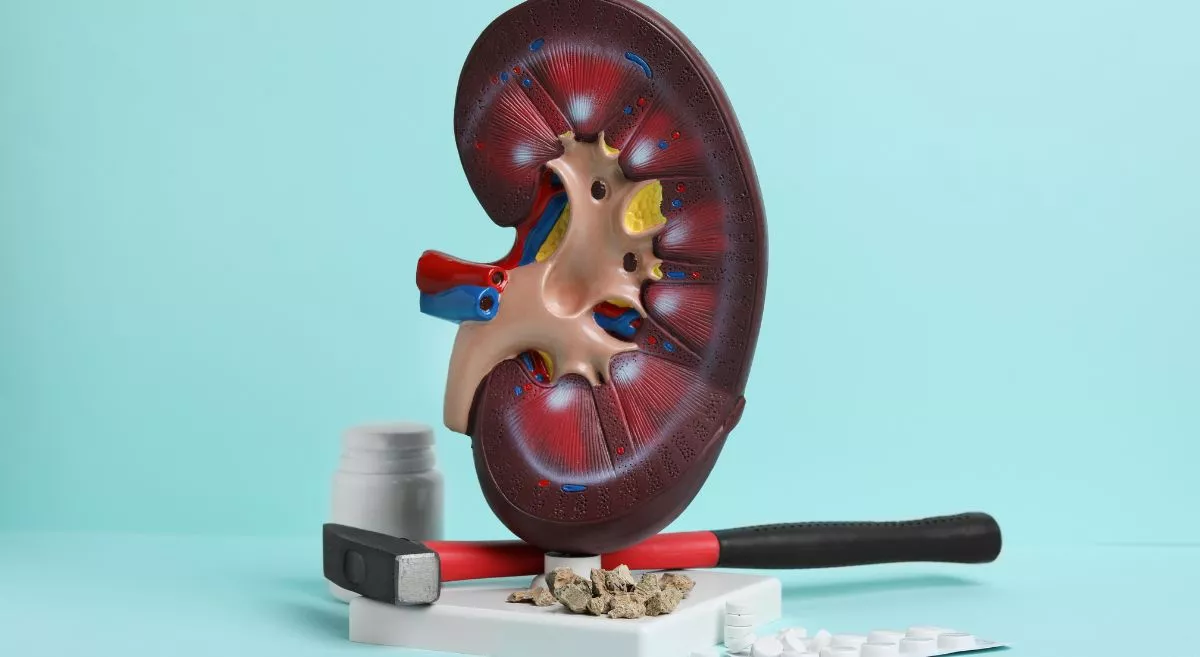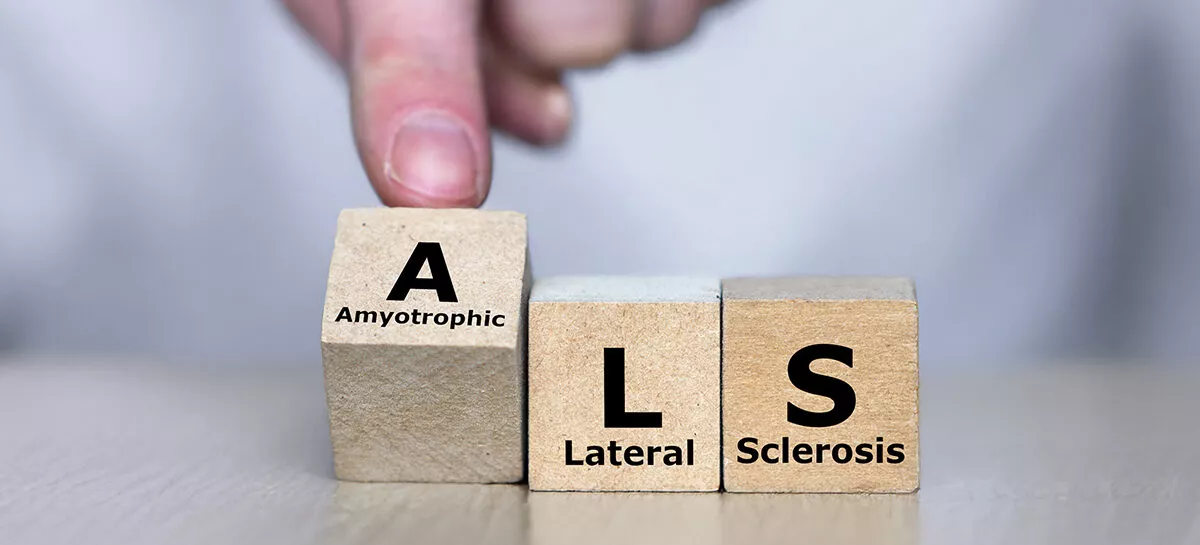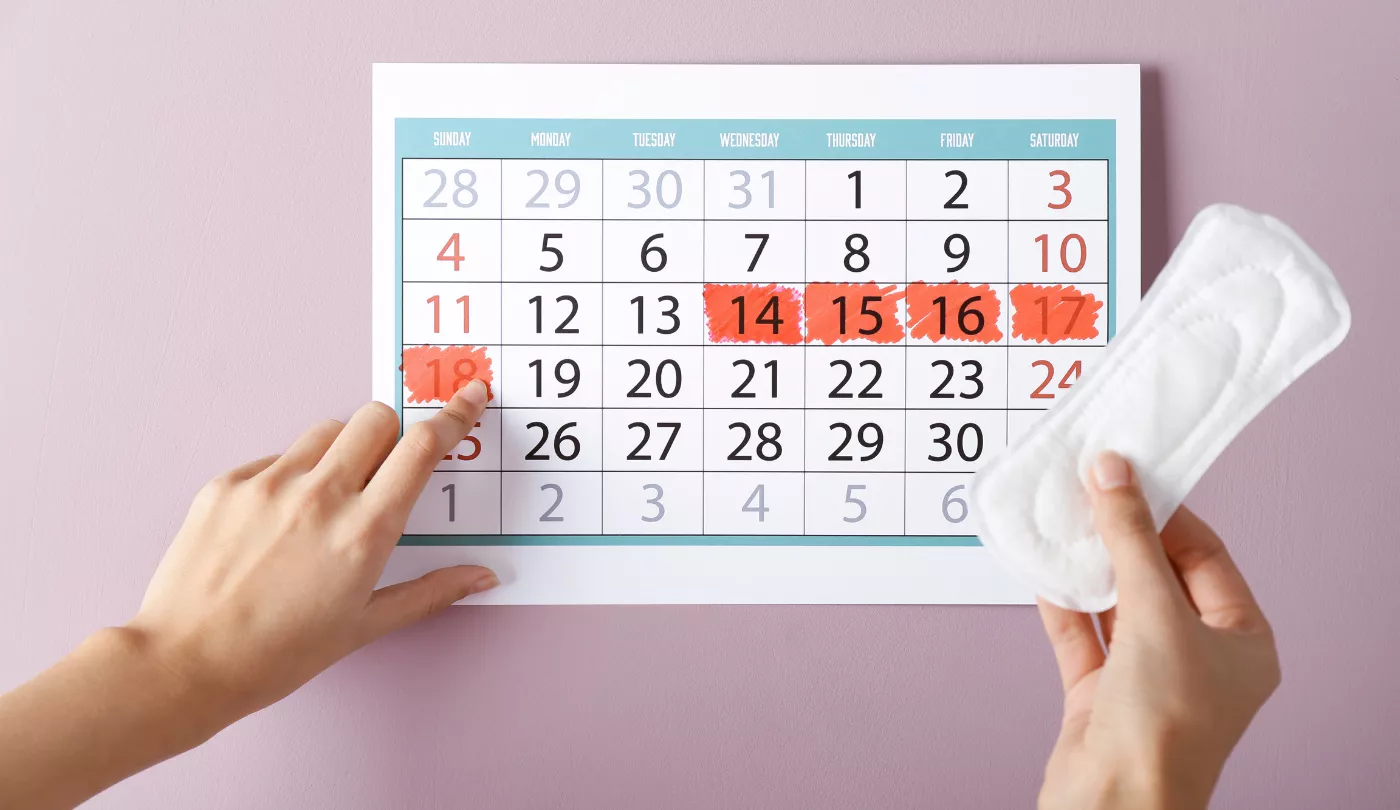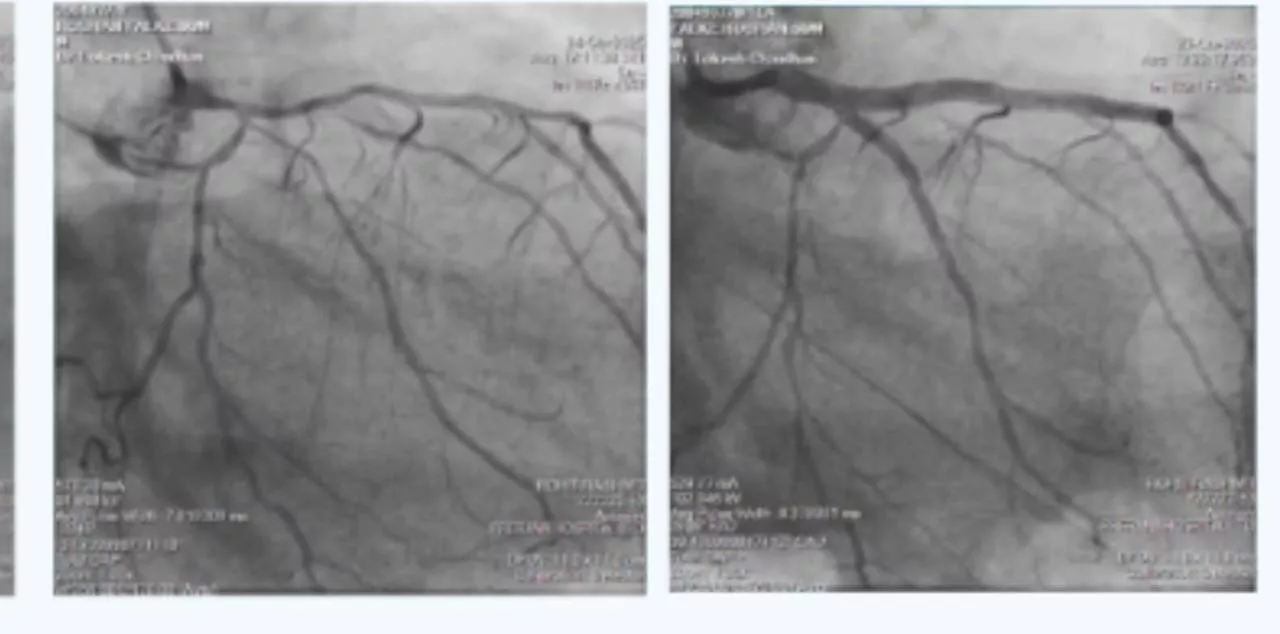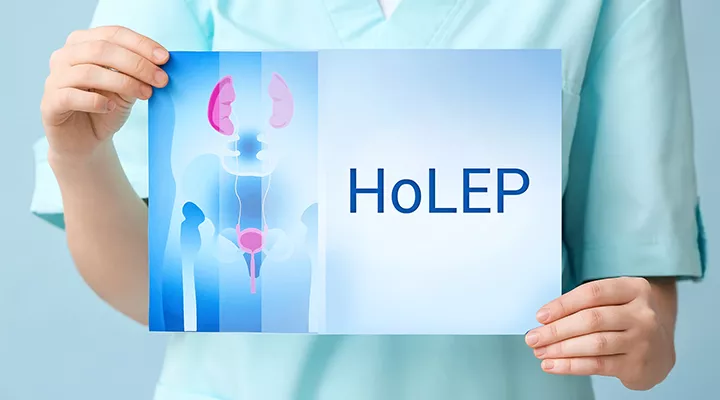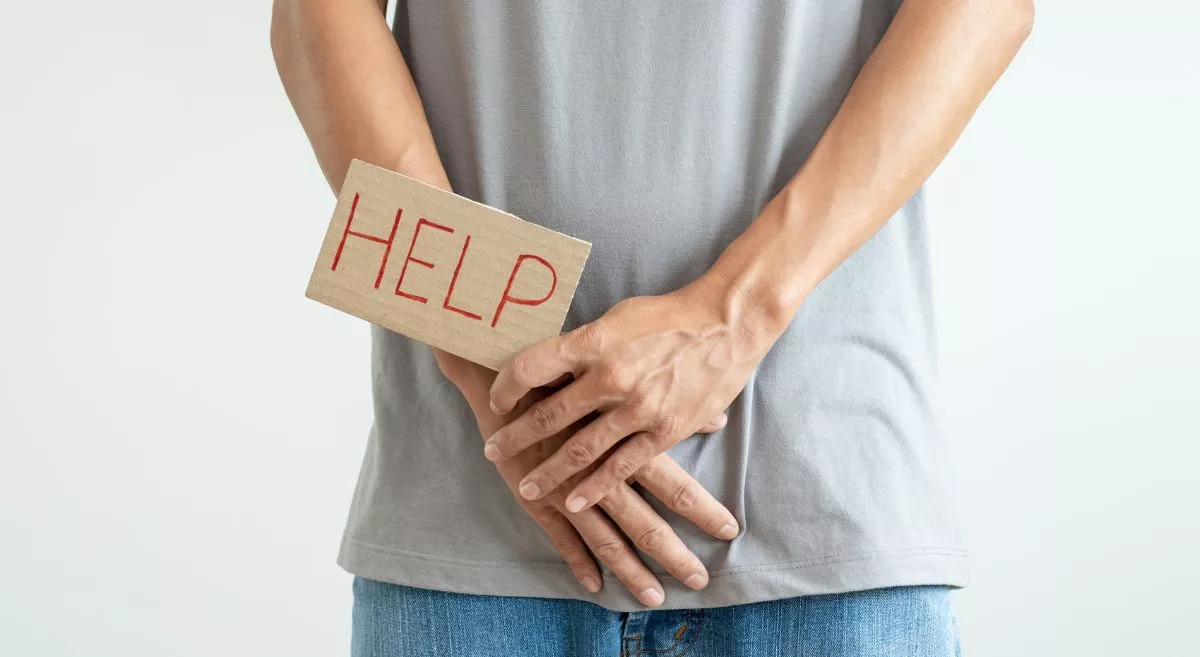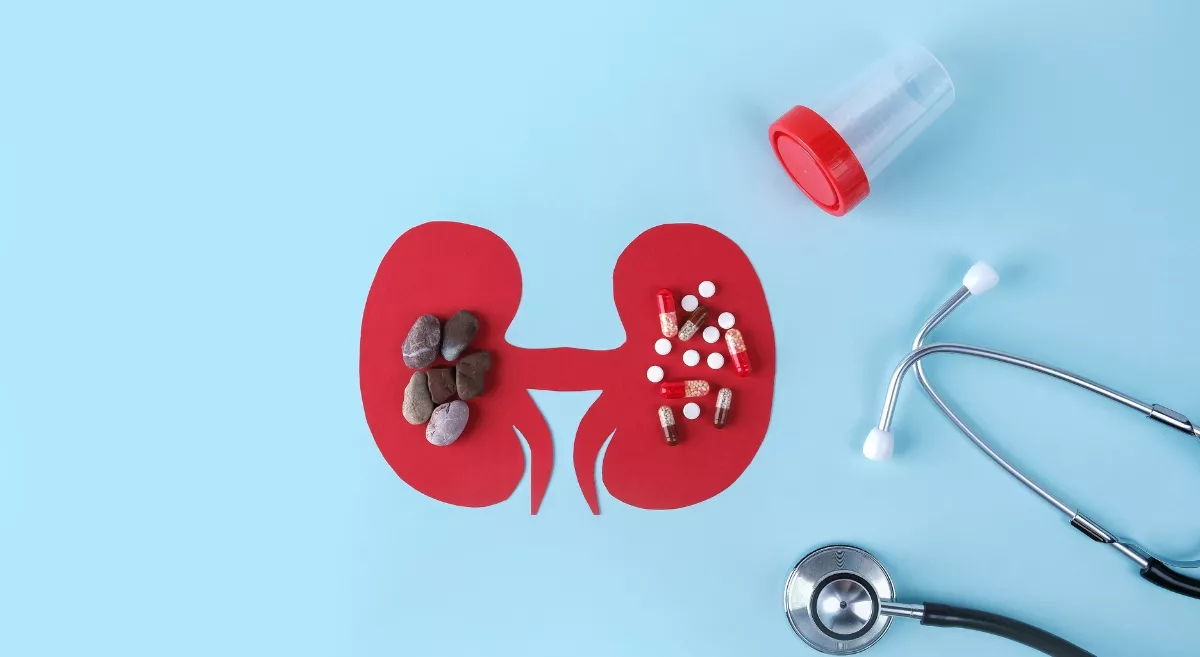Kidney stones are rigid substances made up of minerals and salts deposited in the kidneys which can cause discomfort and excruciating pain. These stones are formed when calcium, oxalate, and uric acid are in high amounts in urine, which then crystallise and bind together. While some stones can be small enough to pass through the urinary tract without being noticed, some can grow to a larger size and block the passage of urine thus causing pain and other medical issues. In this blog, we will discuss about kidney stones, their causes, symptoms and prevention measures. Many people also choose to consult a Nephrology hospital in Hebbal Bangalore when symptoms become severe or recurrent.
What Causes Kidney Stones?
Multiple causes aid in the formation of kidney stones, such as:
- Dehydration: Not drinking enough water can lower the volume of water in urine thus concentrating more on stone-forming substances.
- Dietary Habits: High consumption of oxalate-rich foods such as spinach, nuts, and excessive use of animal protein and salt can increase the risk.
- Genetics: Families that have a history of kidney stones can put one at risk.
- Medical issues: Disorders like urinary tract infections, hyperparathyroidism, and obesity can aid in stone formation.
- Medications: Some kinds of medications like diuretics, and calcium-based antacids are known to increase the risk of kidney stones.
- Lifestyle Factors: Being less active coupled with metabolic disorders also puts one at risk of kidney stones.
Risk Factors for Kidney Stones
Certain factors increase the likelihood of developing kidney stones, including:
- Age and Gender: Men are more likely to develop kidney stones than women, and the risk increases with age.
- Obesity: Excess body weight affects urine composition, making stone formation more likely.
- Medical History: A history of kidney stones or urinary tract issues increases recurrence risk.
- Dietary Choices: High-protein, high-sodium, and high-sugar diets raise the risk.
- Digestive Conditions: Conditions like Crohn’s disease or gastric bypass surgery can affect nutrient absorption and increase stone risk.
Common Symptoms of Kidney Stones
The symptoms of kidney stones vary depending on the stone's size and location. Common symptoms include:
- Sharp pain in the lower back, side, or abdomen
- Painful urination
- Blood in the urine (pink, red, or brown colouration)
- Frequent or urgent need to urinate
- Cloudy or foul-smelling urine
- Nausea and vomiting
- Fever and chills (if infection is present)
Types of Kidney Stones
Identifying which type of kidney stone one has is valuable for deciding upon effective treatment and preventive measures. Said that, one can have the following kind of kidney stone:
- Calcium Stones: The most common type, usually due to high oxalate levels.
- Uric Acid Stones: Develop when a person with a high-protein diet does not drink enough water.
- Struvite Stones: Frequently associated with urinary tract infections.
- Cystine Stones: Linked to a hereditary condition that causes high levels of cystine in urine.
How to Prevent Kidney Stones
Kidney stones can be prevented with lifestyle and dietary changes:
- Increase Water Intake: Aim for at least 2-3 litres of water daily.
- Limit Oxalate-Rich Foods: Reduce intake of foods like spinach, beets, and nuts.
- Moderate Salt and Animal Protein: Excessive sodium and protein intake can contribute to stone formation.
- Maintain Healthy Weight: Obesity can increase the risk of kidney stones.
- Consume Citrate-Rich Foods: Citrus fruits like lemons and oranges help prevent stone formation.
Treatment Options for Kidney Stones
Treatment varies based on the stone’s size and severity:
- Hydration and Pain Management: Small stones can pass naturally with increased fluid intake and pain relief medication.
- Medications: Alpha-blockers may help relax the ureter and ease the stone passage.
- Extracorporeal Shock Wave Lithotripsy (ESWL): Uses sound waves to break stones into smaller fragments.
- Ureteroscopy: A minimally invasive procedure to remove stones stuck in the ureter.
- Percutaneous Nephrolithotomy (PCNL): A surgical procedure for larger stones.
Myths and Facts About Kidney Stones
There are many misconceptions about kidney stones. Here are some common myths debunked:
Myth 1: Only older adults get kidney stones.
Fact: Kidney stones can occur at any age, including children and young adults, especially those with poor hydration habits or dietary risk factors.
Myth 2: Drinking milk causes kidney stones.
Fact: Calcium from dietary sources may actually help prevent kidney stones by binding with oxalates in the intestines, reducing stone formation risk.
Myth 3: Once you have kidney stones, you’ll always have them
Fact: Even though some individuals are more susceptible to having multiple stones, modifications in diet and lifestyle can greatly prevent the future formation of stones.
Myth 4: Kidney stones are always accompanied by extreme pain.
Fact: That’s not always true, there are instances when kidney stones are so small that they pass the urine unnoticed, while larger stones can trigger intense pain and other complications.
Myth 5: Drinking excessive water will flush out all kidney stones.
Fact: While staying hydrated helps, large stones often require medical intervention as they may not pass naturally through the urinary tract.
When to Seek Medical Help
It is recommended to consult a medical professional in the following cases:
- Difficulties in urination
- Severe and consistent ache that does not get better
- The presence of blood in the urine
- Unknown Pain and nausea, followed by fever which often indicates some sort of infection
Impact of Kidney Stones on Overall Health
Kidney stones not only cause discomfort but can also lead to serious complications if left untreated. Recurrent stones may damage kidney tissues and increase the risk of chronic kidney disease. Additionally, infections linked to stones can spread, leading to more severe health issues. Proper management and lifestyle changes are essential to prevent long-term damage. Many individuals rely on experienced Nephrologists in Hebbal Bangalore for regular monitoring and expert care in such cases.
Final Thoughts
Even though kidney stones may be quite painful, these can be handled if appropriate lifestyle changes and interventions through medicine are done. If kidney stones are suspected, one should not delay consulting a healthcare professional since the condition can be treated effectively with a quick recovery response. By staying active and making small yet impactful adjustments, you can lower the chances of getting kidney stones as well as promote proper kidney well-being. With timely action and prevention like proper drinking of water, good nutrition, and knowing one’s risks, a lot of problems can be avoided. Thus, stay active and take proper precautions to avoid developing a kidney stone.
